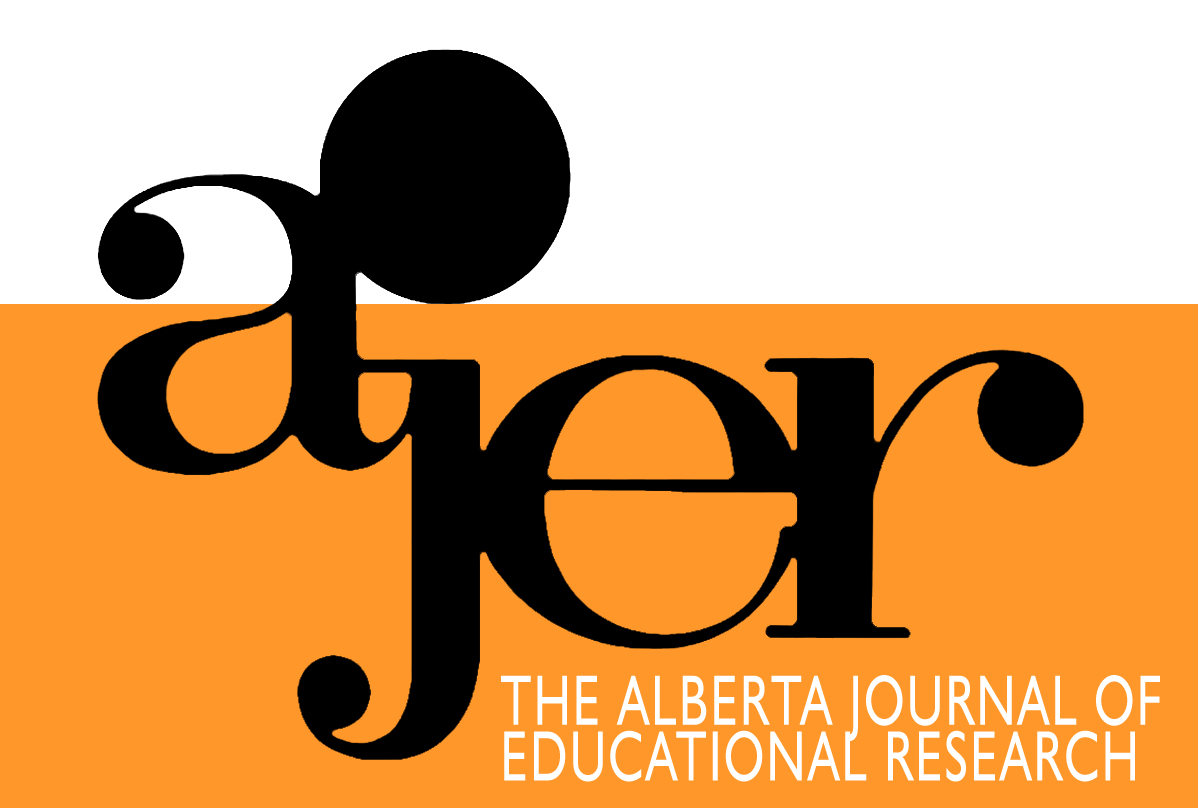An Inquiry-Based Approach to Critical Literacy: Pedagogical Nuances of a Second Grade Classroom
DOI:
https://doi.org/10.55016/ojs/ajer.v60i1.55819Keywords:
Elementary School Classroom Practices, Critical Literacy, Inquiry-Based Pedagogy, Qualitative ResearchAbstract
This case study explores the pedagogy and practices of an elementary school teacher who combines inquiry pedagogy and critical literacy. The authors gathered data for this analysis by conducting two interviews with a classroom teacher and observing classroom practices 12 times over a 6 month period. Through a general inductive approach to analysis, trends emerged that showed the classroom teacher used practices that combined traditional inquiry pedagogy for critical literacy development. This research provides insight into how this elementary teacher negotiated and connected inquiry to critical literacy. Furthermore, the findings can inform scholars and teacher educators of successful teaching strategies as they prepare future generations of elementary teachers.
Cette étude de cas explore la pédagogie et les pratiques d’une enseignante à l’élémentaire qui allie pédagogie d’enquête et littératie critique. La cueillette de données s’est faite par deux entrevues auprès d’une enseignante titulaire et douze observations en salle au cours de six mois. Une approche inductive à l’analyse a révélé des tendances indiquant que l’enseignante employait des pratiques qui intègrent une pédagogie d’enquête traditionnelle au développement de compétences essentielles à la littératie. Cette recherche donne un aperçu des démarches de l’enseignante pour négocier et lier enquête et littératie. De plus, les résultats présentent aux chercheurs et aux formateurs d’enseignants des stratégies pédagogiques efficaces et fructueuses dont peuvent profiter les générations futures d’enseignants à l’élémentaire.
Downloads
Published
Issue
Section
License
UNIVERSITY OF ALBERTA COPYRIGHT LICENSE AND PUBLICATION AGREEMENT
If accepted, authors will be asked to sign a copyright agreement with the following points:
A. Where there is any inconsistency between this Copyright License and Publication Agreement and any other document or agreement in relation to the same subject matter, the terms of this Agreement shall govern.
B. This document sets out the rights you are granting in relation to publication of your article, book review, or research note entitled (the “Article”) through inclusion in the academic journal titled Alberta Journal of Educational Research (the “Journal”) published through the Faculty of Education, representing the Governors of the University of Alberta (the “Journal Editor”).
C. There will be no payment to you for this publication and grant of rights. In consideration of the agreement to publish the Article in the Journal:
1. You are warranting that:
- the content of the Article is your original work, and its content does not contain any material infringing the copyright of others; or, where the Article is not entirely your original work, you have obtained all necessary permissions in writing to grant the rights you are giving in this agreement;
- the content of the Article does not contain any material that is defamatory of, or violates the privacy rights of, or discloses the confidential information of, any other person;
- the Article has not been published elsewhere in whole or in part, and you will not allow publication of the Article elsewhere without the consent of the Journal Editor;
- the names of all co-authors and contributors to the Article are:
2. You agree to license the copyright in the Article to the Journal Editor, on a worldwide, perpetual, royalty free basis; and to the extent required by the terms of this agreement. You shall retain the right at all times to be acknowledged as the/an author of the Article.
3. You further agree that the Journal Editor has the entitlement to deal with the Article as the Journal Editor sees fit, and including in the following manner;
- The right to print, publish, market, communicate and distribute the Article and the Journal, in this and any subsequent editions, in all media (including electronic media), in all languages, and in all territories, ing the full term of copyright, and including any form of the Article separated from the Journal, such as in a database, abstract, offprint, translation or otherwise, and to authorize third parties to do so;
- The right to register copyright of the Journal;
- The right to edit the Article, to conform to editorial policy as the Journal Editor sees fit.
4. If any co-author or contributor to the Article does not sign this agreement, the Journal Editor reserves the right to refuse to publish the Article.



